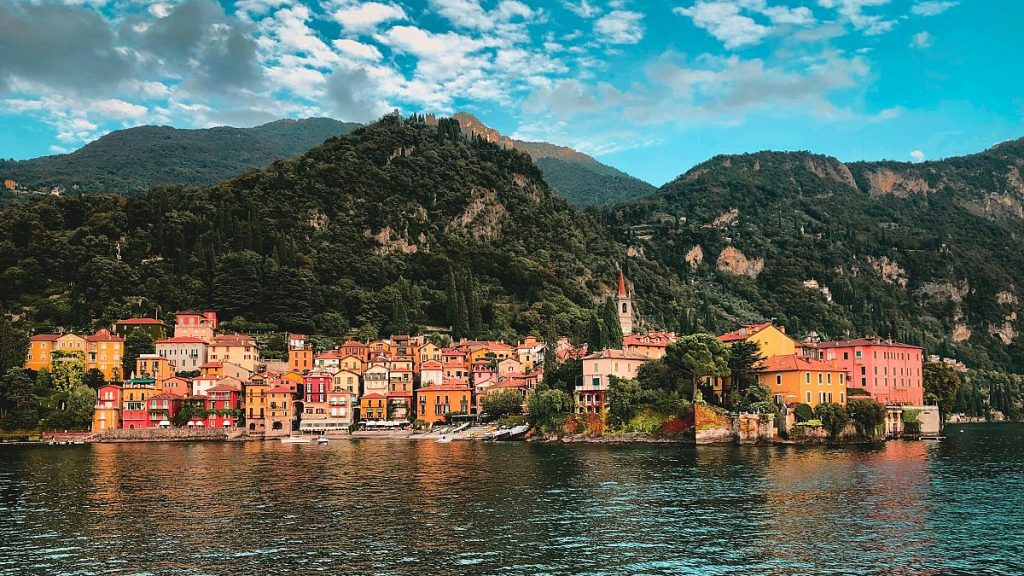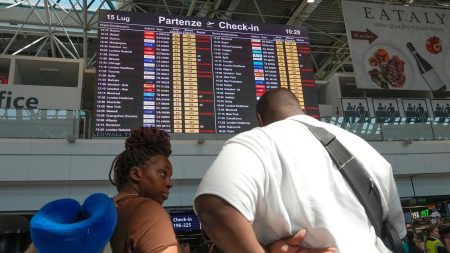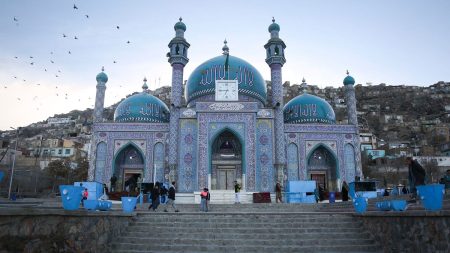Lake Como, the third largest lake in Italy known for its glitzy and glamorous image, is facing challenges due to an overwhelming number of visitors each year. The city of Como is considering imposing a tourist tax similar to Venice in order to manage the influx of daytrippers. Mayor Alessandro Rapinese has expressed concerns about the impact of overtourism on the city, highlighting the need for concrete measures to address the issue. While details of the fee are still being discussed, it is likely to target daily visitors and may only be imposed on busy days like weekends and public holidays.
Daytrippers to Lake Como have come under scrutiny for contributing little financially to the local economy and causing disruptions. Severino Beri, president of the hotel association in Lecco, expressed concerns about the overcrowding and unpleasant experiences faced by residents and tourists alike. The increase in day visitors has led to queues for ferries, overcrowding at train stations, and an influx of waste in the area. This has prompted calls for a tourist tax to deter casual visitors in favor of those who stay overnight and contribute more substantially to the economy.
The rise in tourism at Lake Como has been exacerbated by celebrity residents and the popularity of the area as a filming location. The influx of visitors has impacted the quality of services, with some tourists expressing disappointment over their experiences. In response to the escalating numbers, attractions such as Villa del Balbianello have been forced to limit the number of daily visitors to protect the historical sites and manage the impact of overtourism. The Italian Fund for the Environment (FAI) has acknowledged the need for stricter measures to preserve the beauty and integrity of Lake Como.
The housing market in Lake Como has also been affected by the surge in tourism, with a significant increase in holiday homes and private rentals in recent years. This has raised concerns about the availability of housing for residents and the distortion of the local property market. The challenge lies in finding a balance between catering to tourists and ensuring the sustainability of the region for both locals and visitors. The introduction of a tourist tax could be a step towards addressing these issues and managing the number of daytrippers in Lake Como.
While the details of the proposed tourist tax in Lake Como are still being finalized, the discussions reflect a broader trend in popular tourist destinations facing challenges of overtourism and the need for sustainable solutions. The issues raised by local authorities and residents highlight the complex dynamics between tourism, economic benefits, and the preservation of natural and cultural heritage. By implementing measures to regulate visitor numbers and promote responsible tourism, Lake Como and other destinations can strive to strike a balance that benefits both residents and tourists.
Overall, the consideration of a tourist tax in Lake Como underscores the need for proactive measures to address the negative impacts of overtourism and ensure the long-term sustainability of the region. As visitor numbers continue to rise, it is essential for local authorities to implement strategies that promote responsible tourism, preserve the environment, and support the economic well-being of the community. By striking a balance between the needs of residents and the demands of tourists, Lake Como can continue to thrive as a destination while maintaining its unique character and charm.










